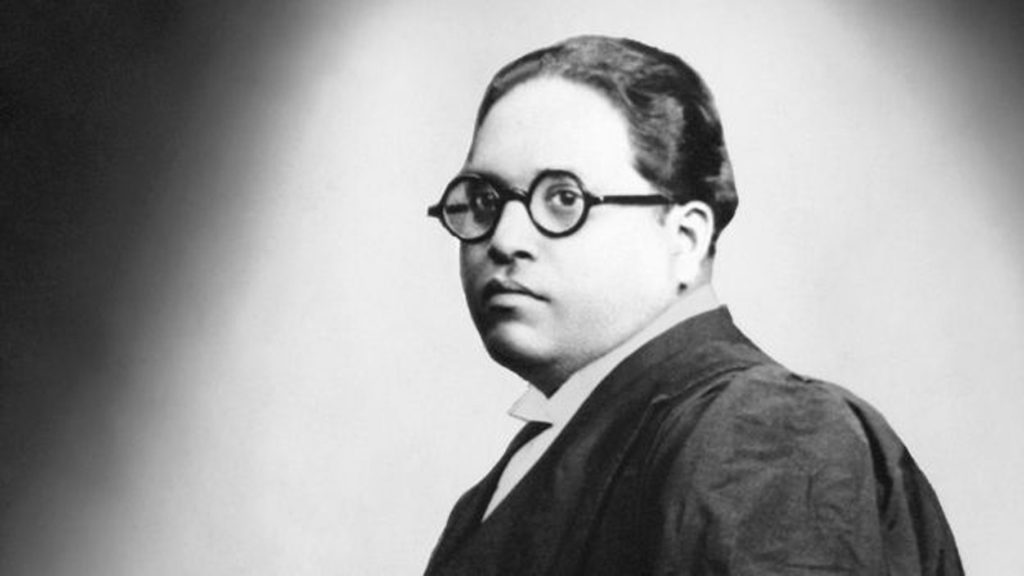
Babasaheb and Buddhism
Babasaheb Ambedkar was not just a critical thinker, but also a man of action. He thought through what is happening around him and intervened with all the energy and resources he had. His mind was not stuck in the history or worried about the possible future outcomes for his was the quest for liberation, for freedom, and for the realisation of the highest possibility for each individual and for every society struck in the inhuman institutions.
Therefore, his path to liberation was guided by a philosophy that has liberating nature. The philosophy that guided Babasaheb was the Buddhist philosophy. He was well read person and he had a mind to penetrate and understand the deeper truth.
Why did he choose Buddhism as not only his personal philosophy but also social philosophy? It is a deeper question but needs some background to understand it. This is how Babasaheb saw Buddhism:
- Indian history is the history of conflict between Buddhism and Brahminism
A serious reading of Indian history will bring this truth out that the two worldviews were at the loggerheads in India: the human and liberating worldview of the Buddhists and inhuman and confining worldview of the Brahmins. In this history of philosophy of India, there is a continuous dialogue between these two worldviews. Babasaheb Ambedkar was the student of Indian history and he saw the process as revolution and counterrevolution. Therefore, in Buddhism, he was a critic of Brahminism.
- Buddhism as the total revolution
In Buddhism, Babasaheb saw the methods of complete transformation: self and society. The Buddhism offers a complete path to build up societies and individuals.
- Buddhism was the faith of India’s untouchables and the backward classes
This has been becoming more clearer due to many studies. But the remarkable book was written by Babasaheb “who were the untouchables? ” is the great historic work in itself.
- Buddhism is universal
Buddhism is not based on sacred geography or sacred books. It is a set of methods and principles that the Buddha discovered.
- Buddhism was the first mass movement that sought liberation of women
Buddha included women in his organised sangha and opened the doors of deathlessness for all. Rise and fall of Hindu women is a masterpiece written by Babasaheb to explain the role of Buddhism in this area.
- Buddhism was against the ethnicity and caste
The Sangha admitted everyone irrespective of their social and ethnic background.
- Buddhism is inherently flexible
Impermanence is the heart of Buddhist taking which implies that anything is not inherently solid. Everything emerges depending on the causes and conditions.



+ There are no comments
Add yours